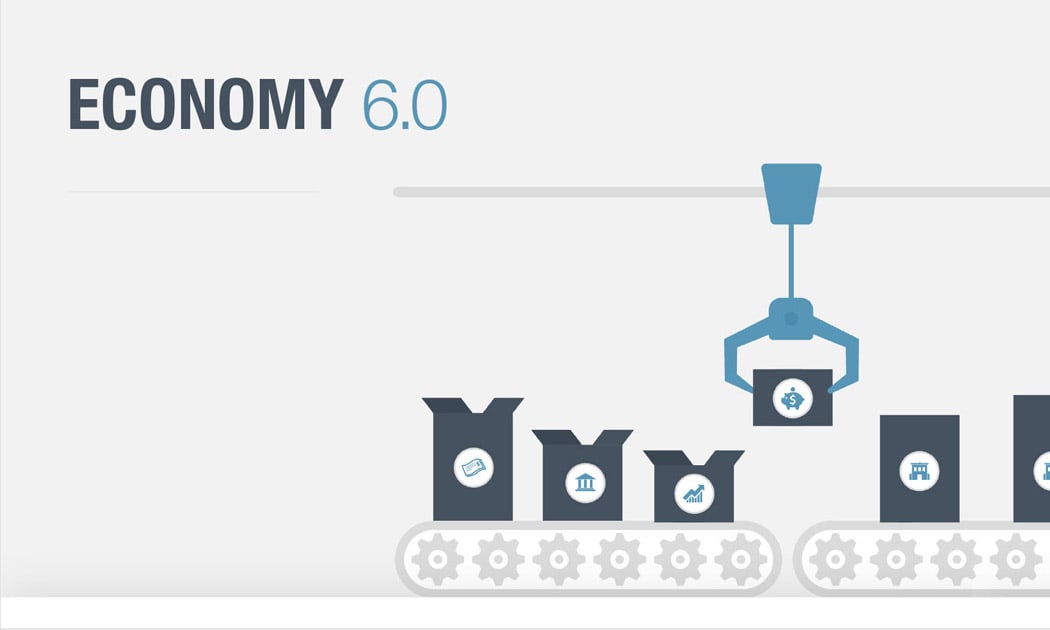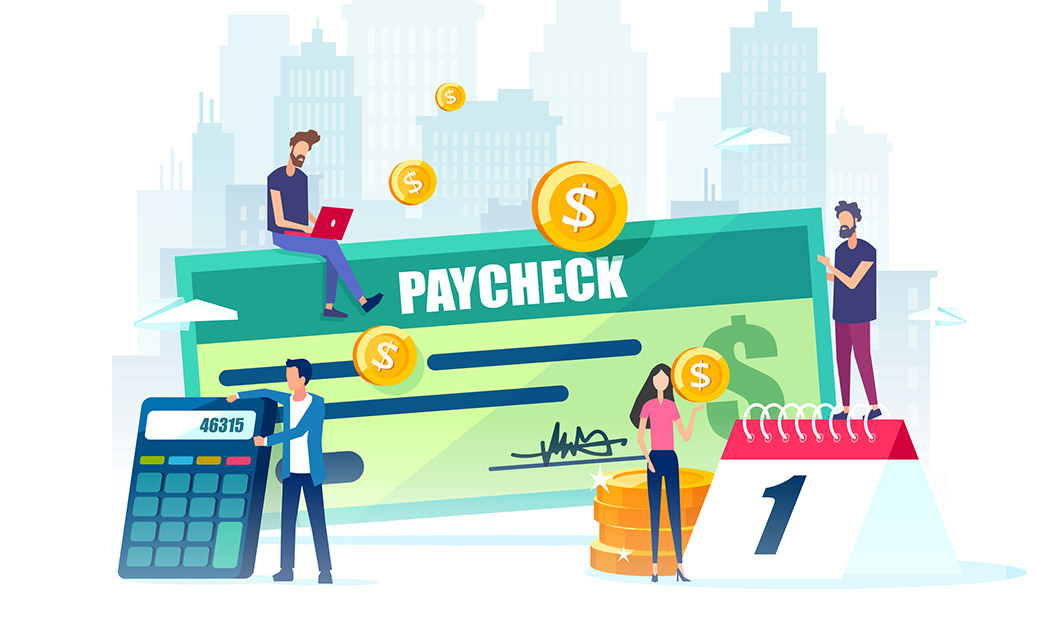The Payroll Blog
News, tips, and advice for small business owners
- Home
- Resources
- Payroll Blog
- Worried about the economy? You're not alone
Worried about the economy? You're not alone
Small businesses are often considered minor players in the U.S. economy, but that sentiment is far from the reality. Small businesses, defined as those with less than 500 employees, make up 99.9% of businesses in the U.S. and employ more than 59 million people.

On a more minute scale, even the smallest of small businesses (those with less than 20 employees) account for two-thirds of all small businesses in the U.S. and employ nearly 21 million people.
Does your business fall into this category? If so, then you play a big part in the economy. You are also likely to have your own thoughts and worries about the economy and your company’s future prospects — and you’re not alone. In our 2020 Small Business Worry Index, we found that the majority of small business owners are concerned about the economy in 2020. In fact, the economy ranks highest on the index — it’s a greater source of concern than payroll, hiring and the tax code.
- A third of small business owners (35%) are concerned about the impact of tariffs.
- Fifty-six percent of small business owners in agriculture and mining are concerned about the impact of tariffs.
- Nearly a quarter of business owners (24%) are unsure how revenue will shake out in 2019.
Fortunately, it’s not all doom and gloom. Periods of economic uncertainty come and go, but that there are plenty of strategies you can take advantage of now to ensure your books remain in the black regardless of the economy’s health.
Here are a few ways to give your small business a financial leg up:
1. Use the right tools
Don’t let complicated tax laws and the burden of payroll distract you from keeping your business afloat in uncertain economic climates. Take advantage of online payroll tools that make payroll simple and easy. Without this responsibility consuming hours of your day, you can focus your time on the other responsibilities that come with small business ownership.
2. Plan ahead
End-of-year planning shouldn’t be an ad-hoc exercise. If you are organized and prepared throughout the entire year, you can handle last-minute financial hiccups or economic swings in stride with accurate, timely paperwork and data to back you up. Advanced planning also prepares you to handle economic volatility and mitigate any risks of missing payroll or tax deadlines.
3. Turn to a professional
You don’t have to do everything yourself. And when it comes to navigating economic uncertainty, tariff changes and tax laws, an experienced accountant or bookkeeper can be your greatest advantage. While it’s common to only seek professional assistance during tax season, having a professional assess your financials year-round can keep you in the driver’s seat even during recessions and economic downturns.
Uncertain? Scared? Unprepared? We’re here to help. For a more in-depth look at the Small Business Worry Index, download the full report.
Related Blog Posts
View Our Plans and Pricing
Small Business Is Our Business.
This website contains articles posted for informational and educational value. SurePayroll is not responsible for information contained within any of these materials. Any opinions expressed within materials are not necessarily the opinion of, or supported by, SurePayroll. The information in these materials should not be considered legal or accounting advice, and it should not substitute for legal, accounting, and other professional advice where the facts and circumstances warrant. If you require legal or accounting advice or need other professional assistance, you should always consult your licensed attorney, accountant or other tax professional to discuss your particular facts, circumstances and business needs.



